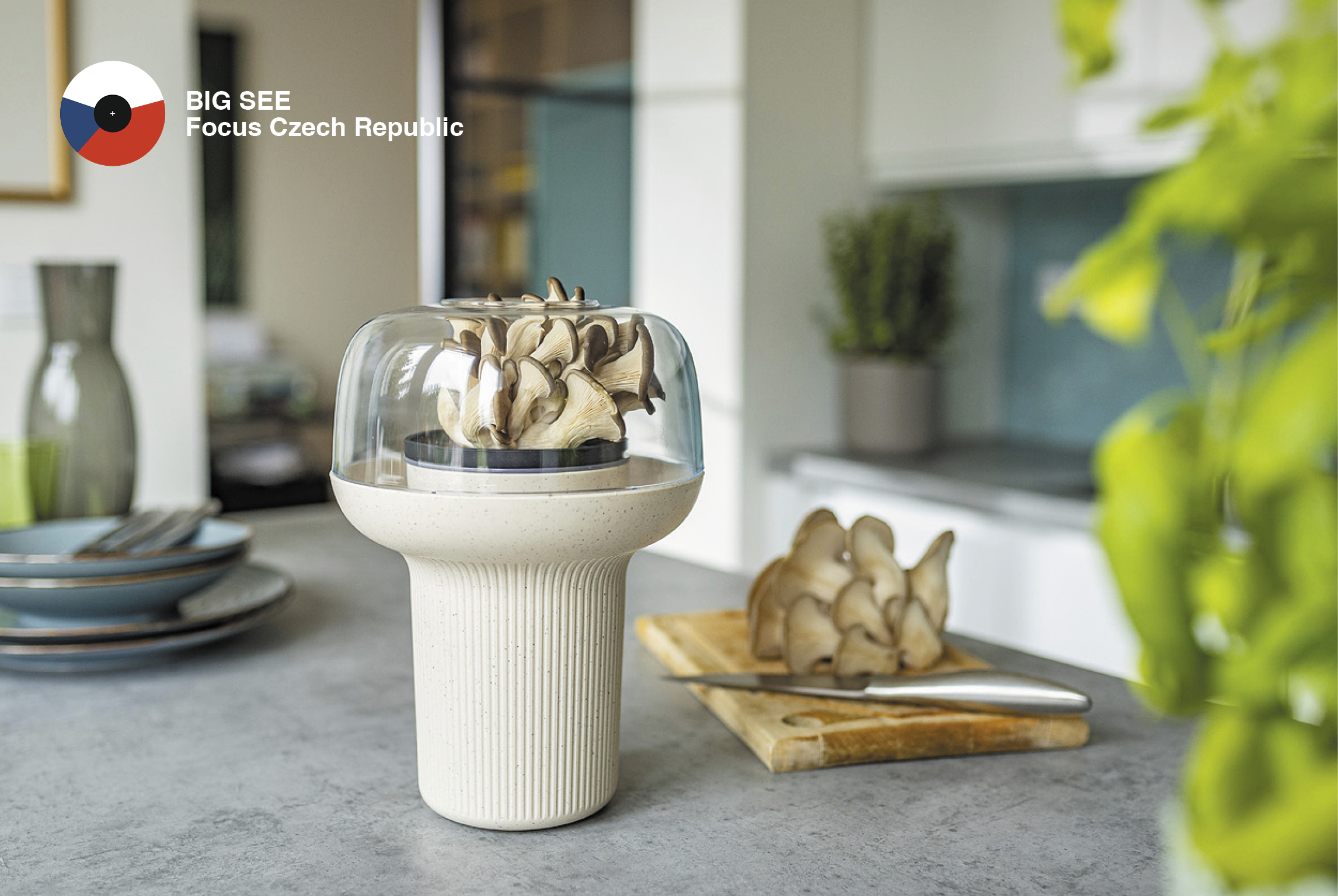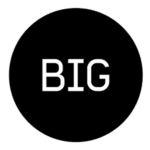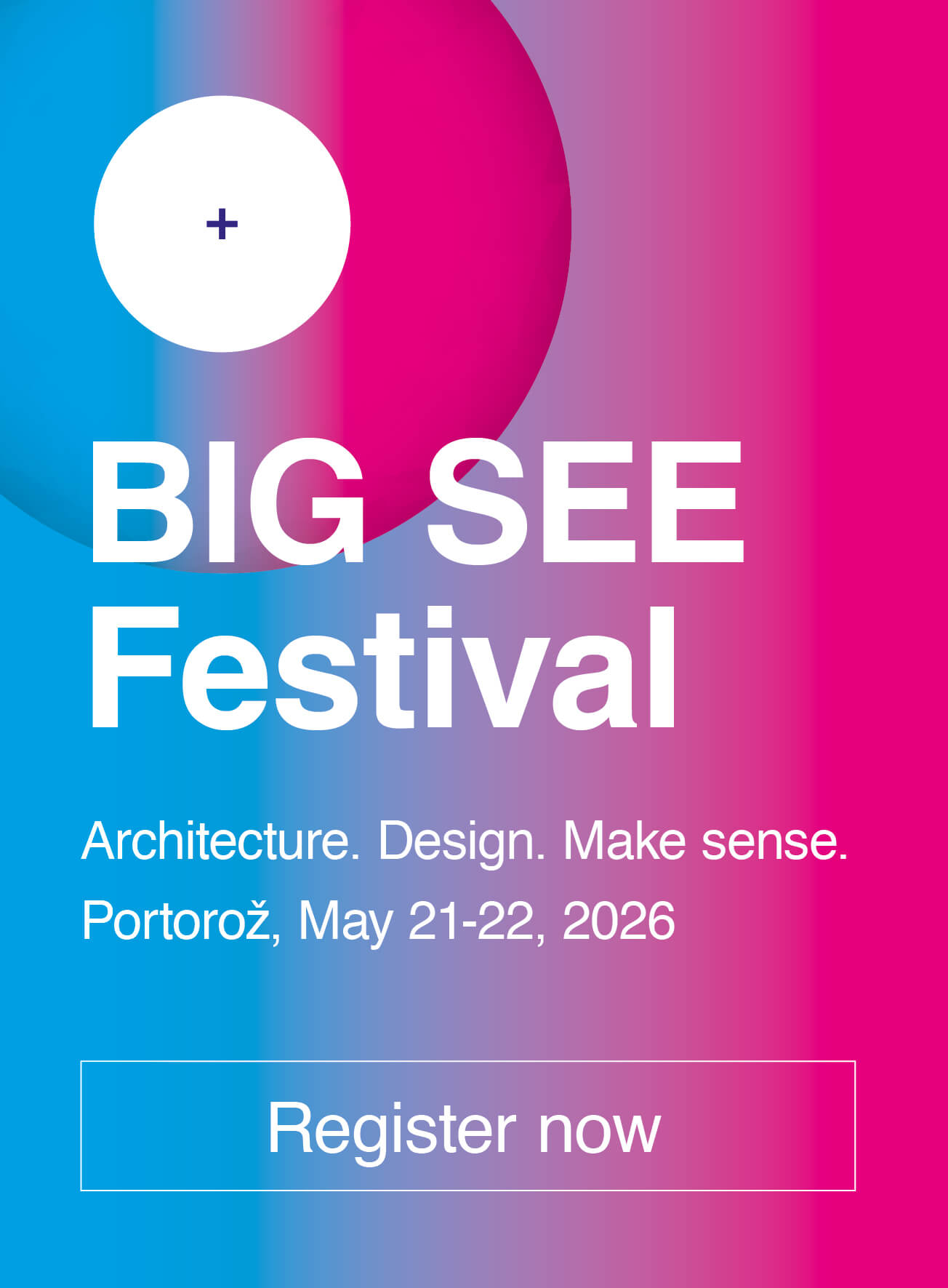3 Questions for Studio WRKS
Q: Do projects like Houbarium, which aim to popularize and simplify mushroom cultivation at home, influence how you see the role of industrial design in promoting sustainable lifestyles? And in your view, what role can industrial designers play in making ecological practices more accessible and appealing to a wider audience?
A: Yes, projects like Houbarium definitely influence our view of the role of industrial design in promoting a sustainable lifestyle. In this respect, the designer can play a crucial role – they are able to influence and guide the whole process based on their experience and knowledge. This allows them to adapt the product to specific target groups and at the same time make it attractive by ensuring it works well, is durable, easy to use, simple to produce, and aesthetically pleasing. On the other hand, it is not only about the approach of designers, but also to a large extent about the mindset of their clients – the manufacturing companies.
“Projects like Houbarium definitely influence our view of the role of industrial design in promoting a sustainable lifestyle.”
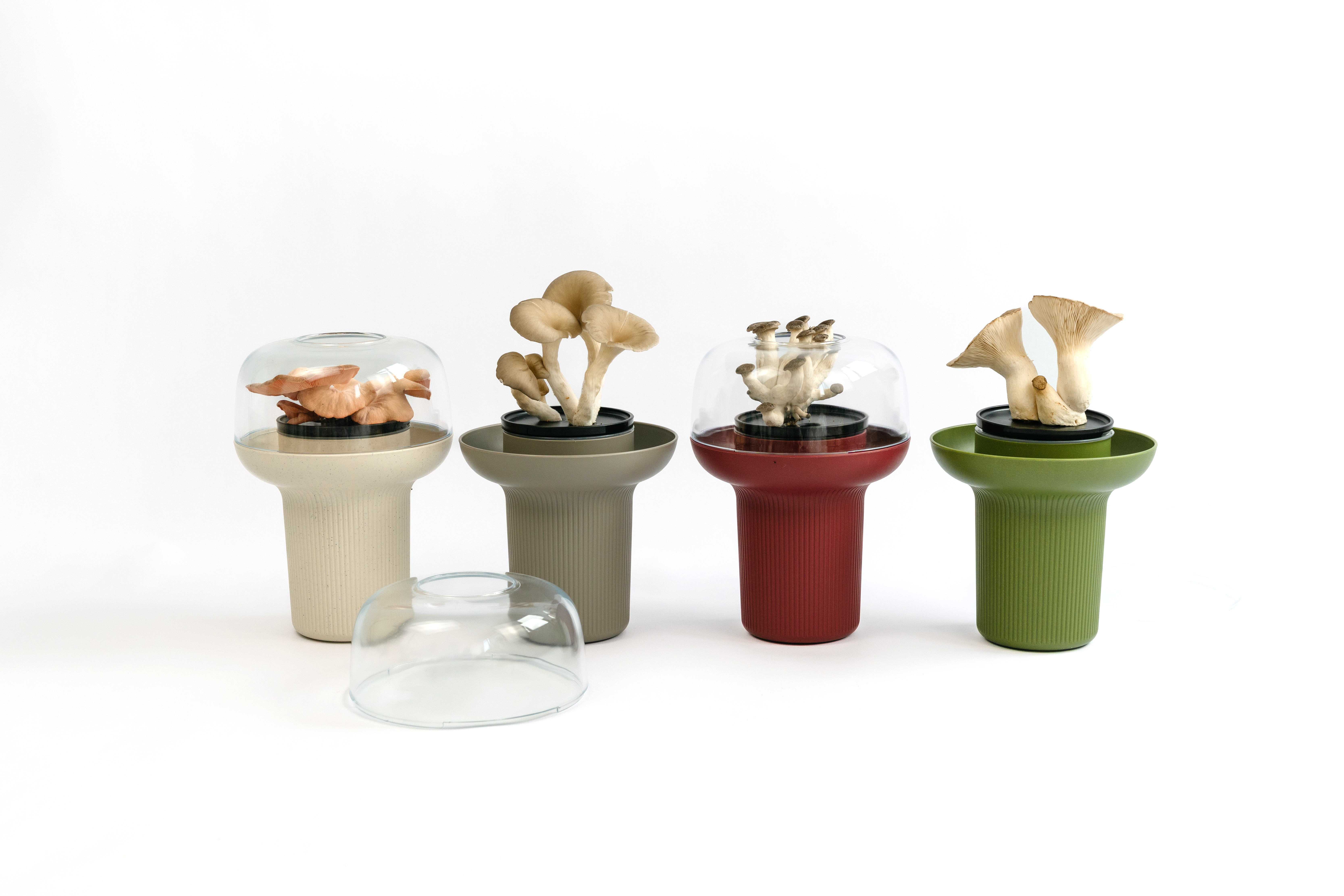
Q: Houbarium is the second product you’ve designed for Plastia. How did your collaboration with the company first begin, and how has this partnership developed over time?
A: In fact, we have already designed many products for Plastia. Our collaboration has been going on for 15 years, and during that time we have designed many products for them. Basically, our collaboration began while we were still students, and over time it has developed into a lasting relationship based on mutual trust and respect, with the aim of designing the best possible products that will serve people.
“Our collaboration with Plastia began while we were still students, and over time it has developed into a lasting relationship based on mutual trust and respect.”
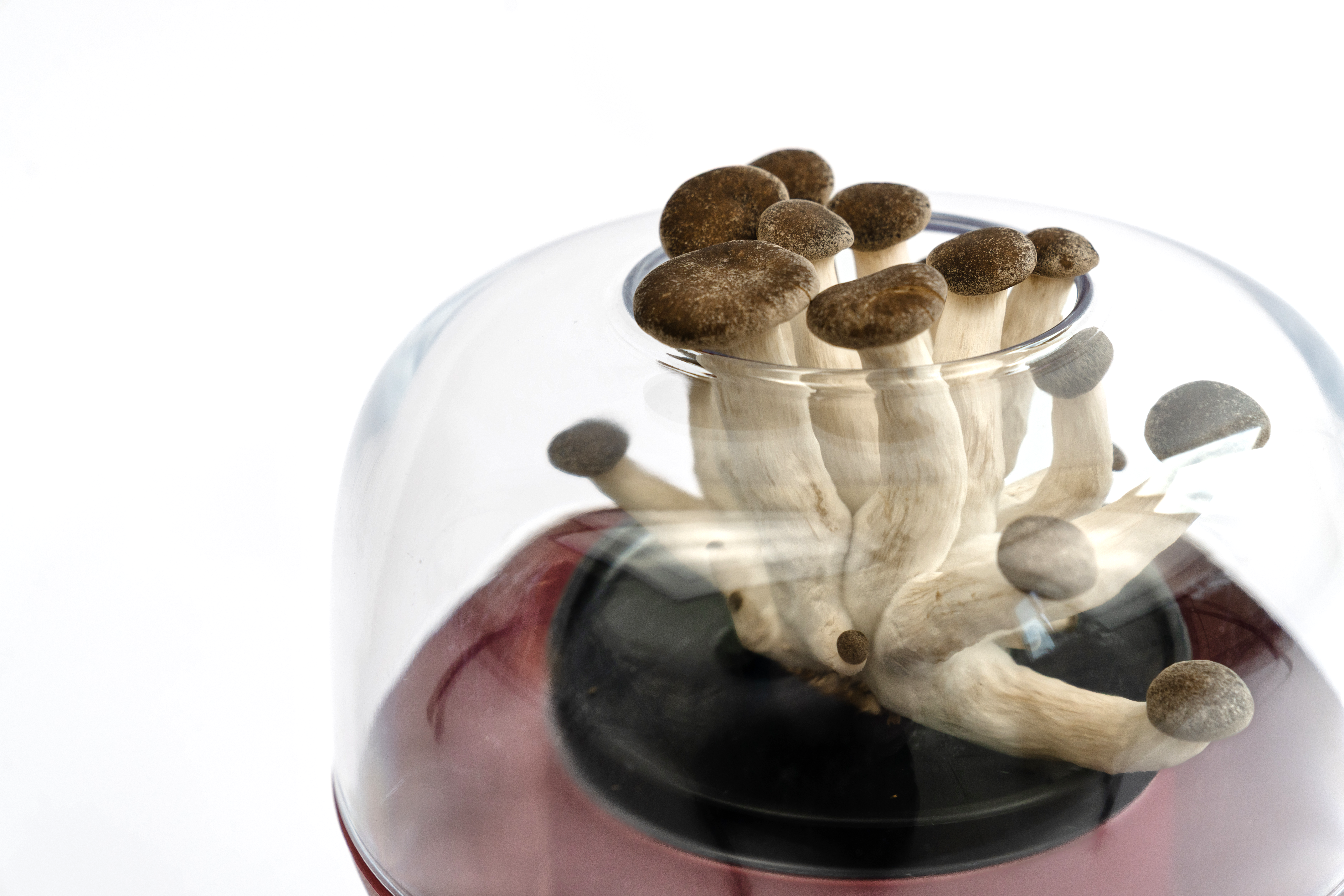
Q: To what extent do your clients shape your perception of industrial design? How do their ambitions or limitations inspire or challenge your studio’s creativity?
A: Designing and developing industrially manufactured products is always about mutual discussion and listening, knowing that everyone involved wants to create the best possible product—at least that’s how we approach it at WRKS. Limitations are always there and tend to be beneficial, and our job is to recognize them, respect them, and deal with them as best we can.
“Limitations are always there and tend to be beneficial, and our job is to recognize them, respect them, and deal with them as best we can.”
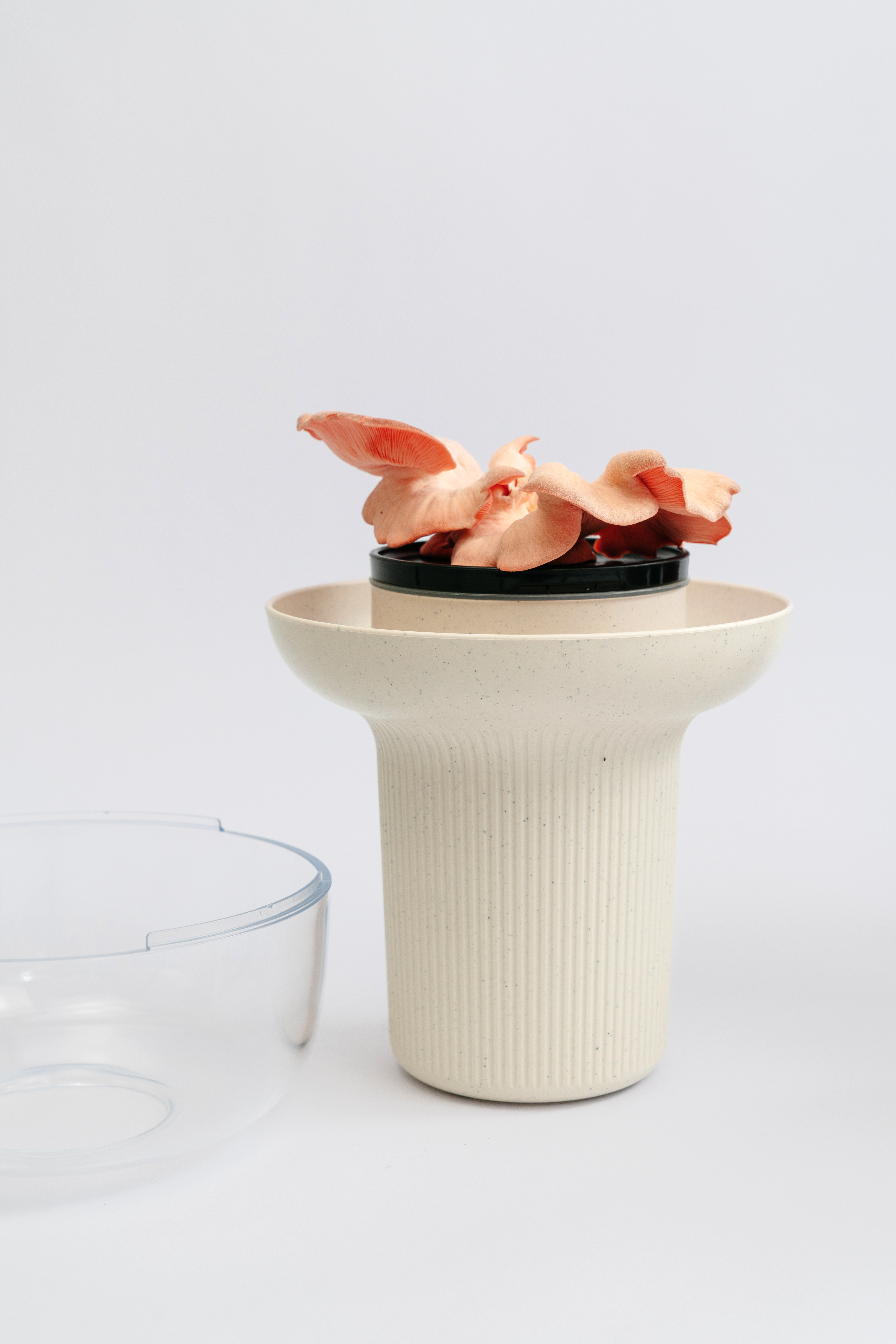
About Houbarium
Houbarium is a smart and stylish growing kit for home cultivation of oyster mushrooms, allowing you to turn ordinary coffee grounds into fresh and tasty mushrooms. The kit is ideal for beginners, eco-enthusiasts, and lovers of fresh mushrooms.
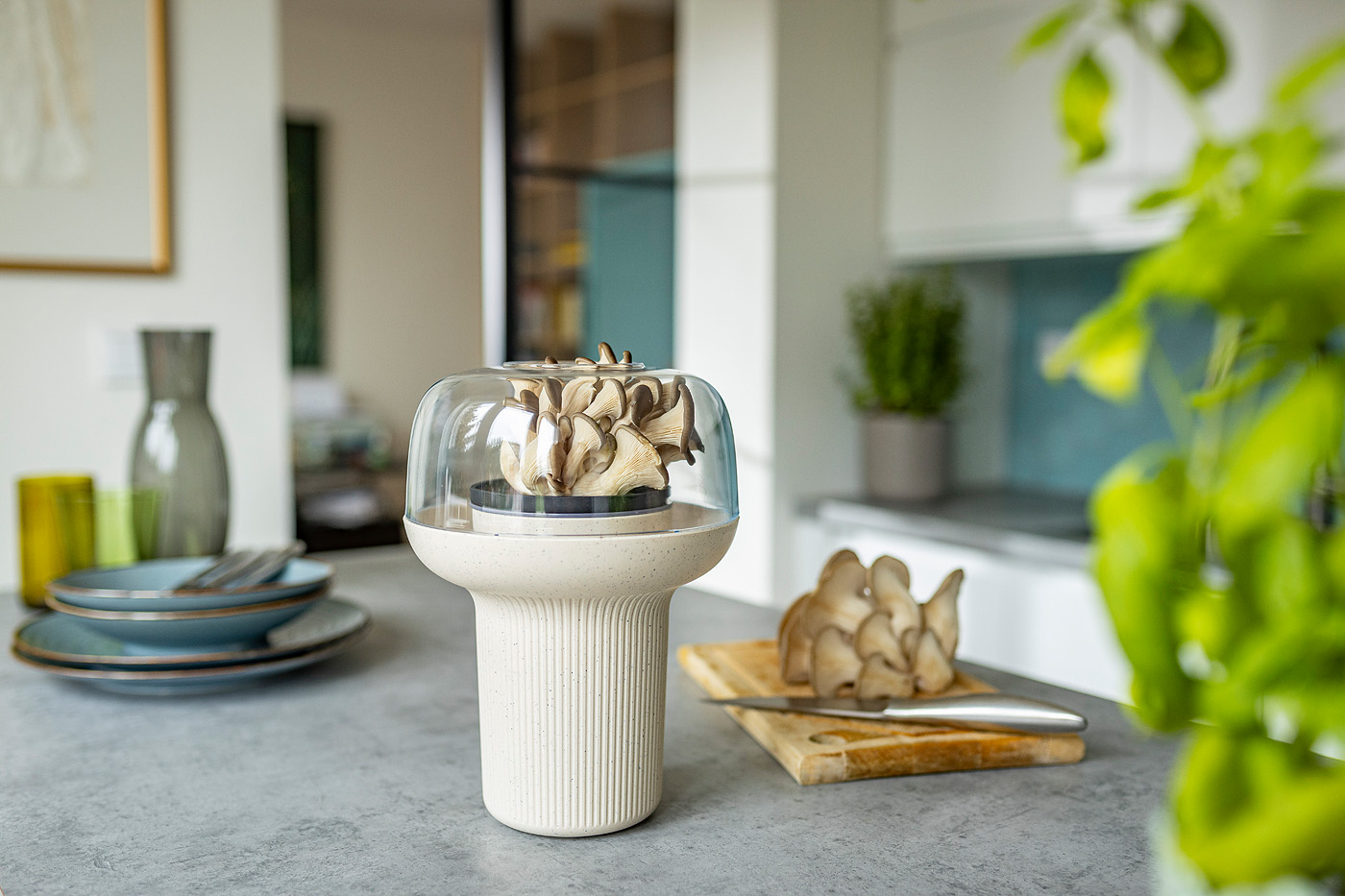
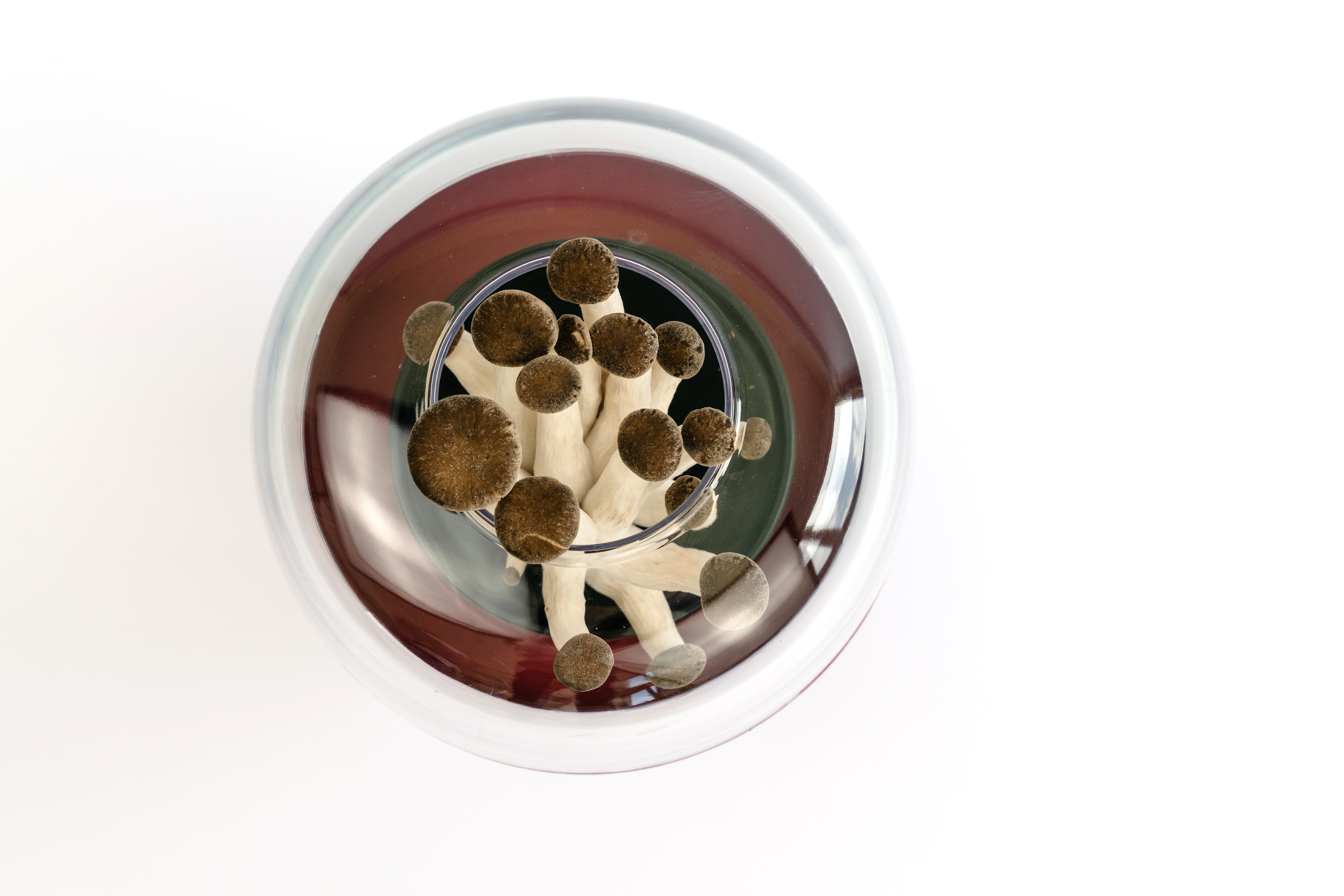
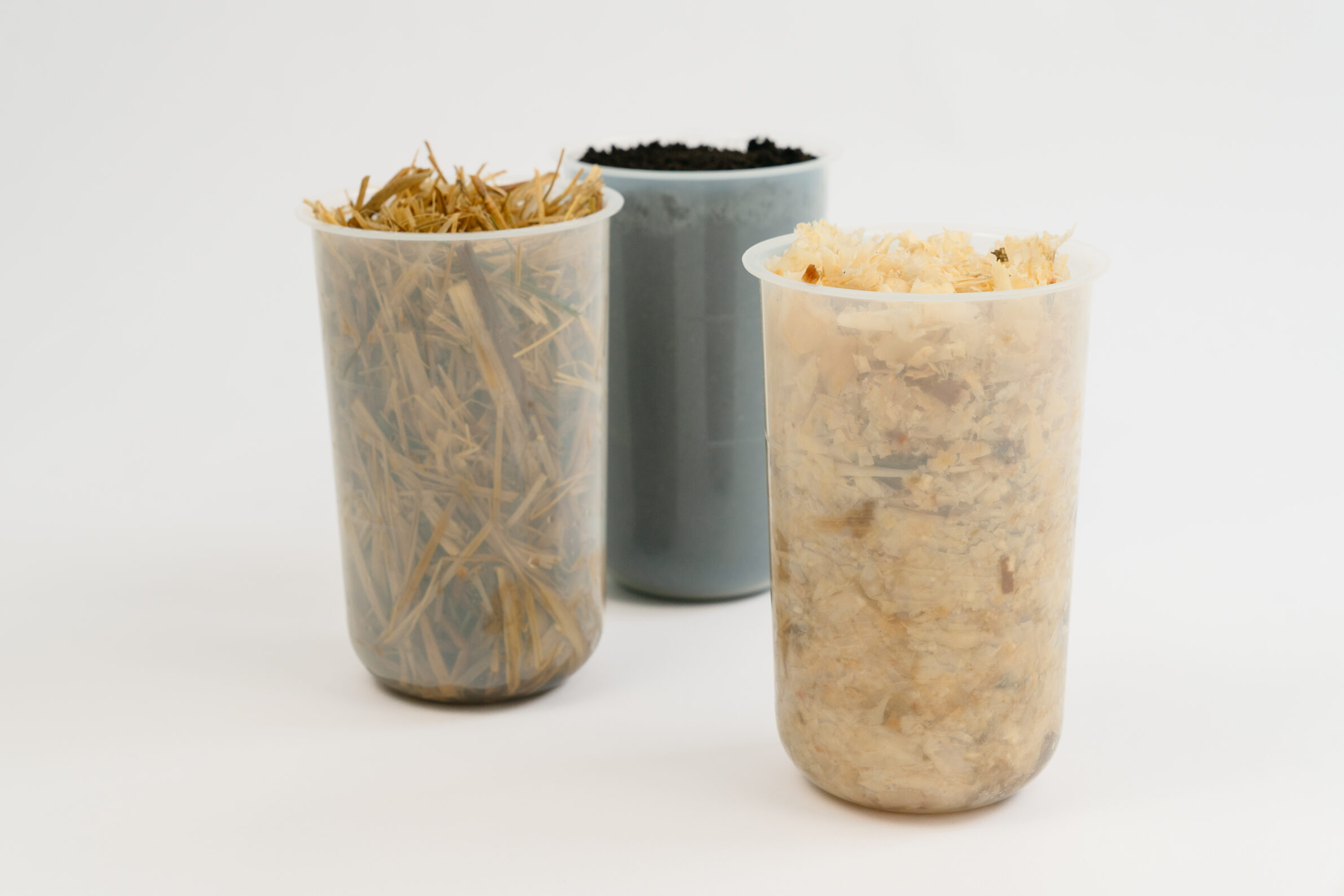
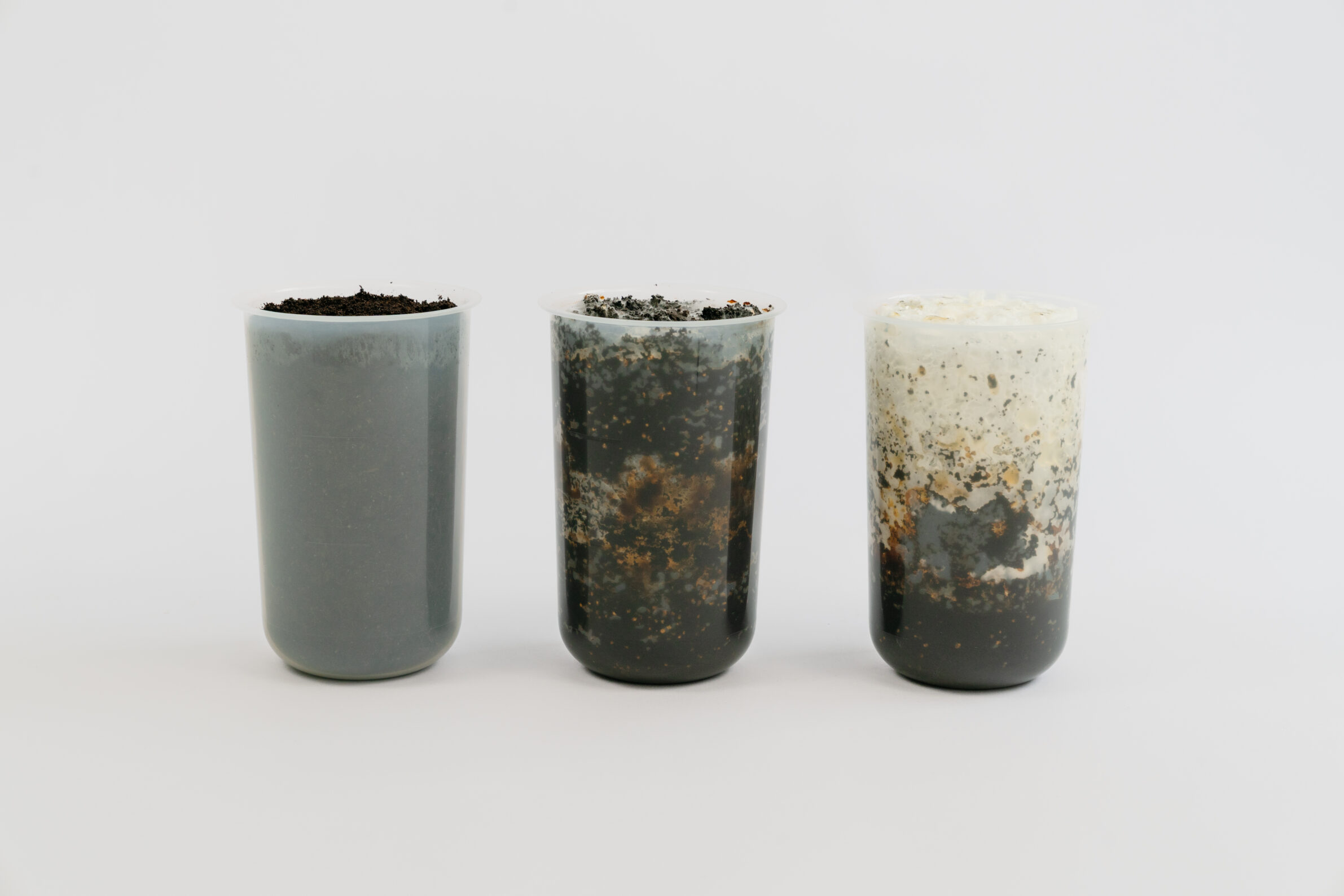
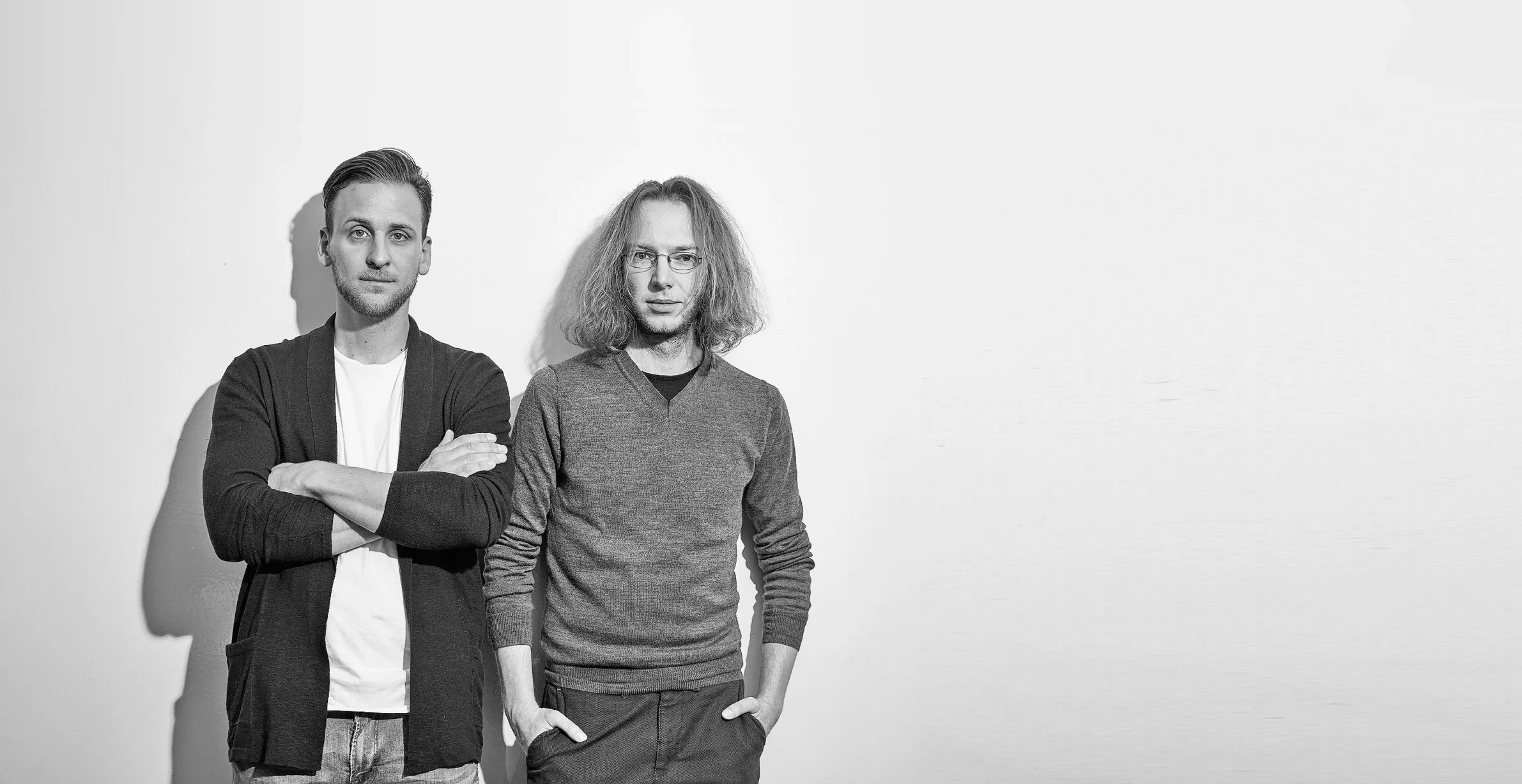
Studio WRKS was founded in 2008 by Daniel Pavlík and Jan Kopřiva. It focuses primarily on industrial and product design. Its clients include companies from various sectors, such as engineering, consumer goods, healthcare, and others. It provides support in product development from the initial assignment and analysis of the issue, through the development itself and subsequent production, to cooperation with the client’s marketing department in launching the product on the market.
Project
Houbarium
Year of production
2024
Photography
Anna Pleslová,
Lukáš Skála,
Petr Vykoukal
Edited by
Blažka Drnovšek


